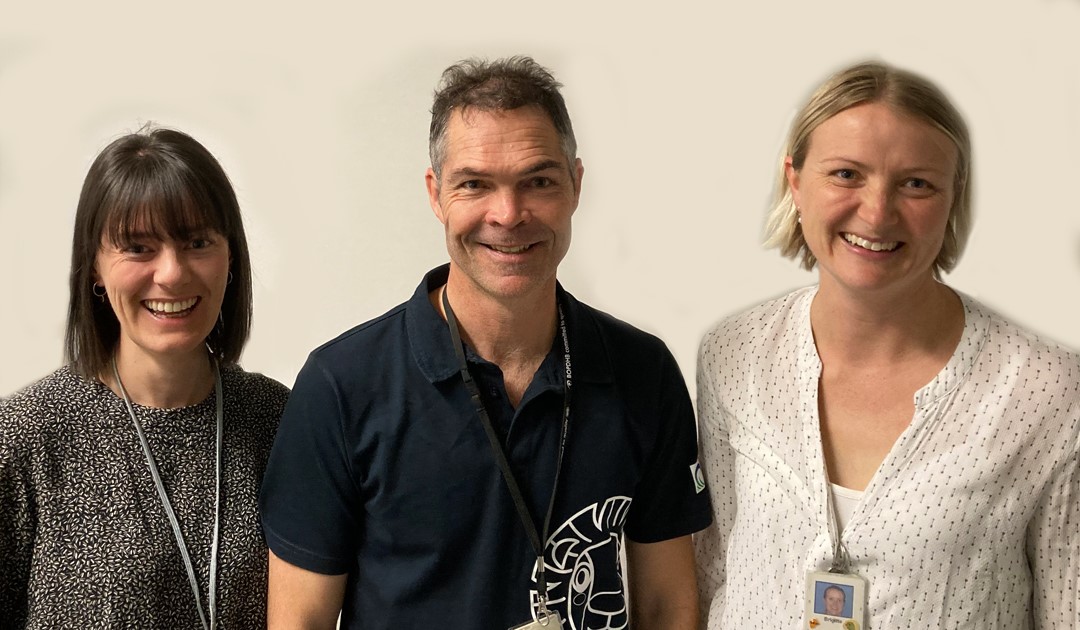News and notices Pānui
New service treating some non-urgent musculoskeletal conditions in children launches first clinic
17 August 2021
A new service which aims to help children with some non-urgent musculoskeletal (MSK) conditions has run its first clinic.

The Paediatric Orthopaedic Triage Service (POTS) - which is currently treating non-urgent postural variants such as flat feet, knock knees, bowlegs and intoeing/out-toeing - ran its first clinic on Friday 6 August. The clinic's work is planned to expand to other non-urgent MSK conditions as the service develops.
"POTS is a physiotherapy-led service that provides assessment and treatment by our friendly paediatric physiotherapists, Brigitte Eastwood and Annie Thurlow, for tamariki with orthopaedic conditions," said Innovation & Improvement Programme Manager Sarah Nash. "The service aims for tamariki with non-urgent postural variants to be seen by the right person, in the right place at the right time.
"Initial feedback from the whānau seen in the first clinic was extremely positive with parents appreciating the thorough assessment and time taken to address their concerns," added Sarah.
POTS clinics will run on Wednesday afternoons and Friday mornings out of Tauranga Hospital Orthopaedic Outpatients. Key desired outcomes of the clinics include:
•Enabling appropriate access to triage, assessment and early intervention
•Establishing equitable access to specific paediatric orthopaedic services across the Bay of Plenty
•Ensuring only those tamariki requiring specialist orthopaedic assessments are referred to paediatric orthopaedic specialists.
The POTS pilot is currently available to referrers in the Western Bay, with expansion to the Eastern Bay scheduled for later in the year.
As part of the service, a range of localised Healthcare Pathways will be available to access via Midland Regional Community Health Pathways (HealthPathways Midland (communityhealthpathways.org) to assist with the assessment and management of tamariki with non-urgent paediatric postural variants.
The Health Pathways include information on red flags, assessment advice, and appropriate management, as well as patient handouts and clear information on who to refer and when.
Annie and Brigitte have already undertaken a number of education sessions on POTS and are due to present again to Plunket on Tuesday 7 September, and at an upcoming Western Bay of Plenty Primary Health Organisation CME (Continuing Medical Education) event on Tuesday 19 October.
